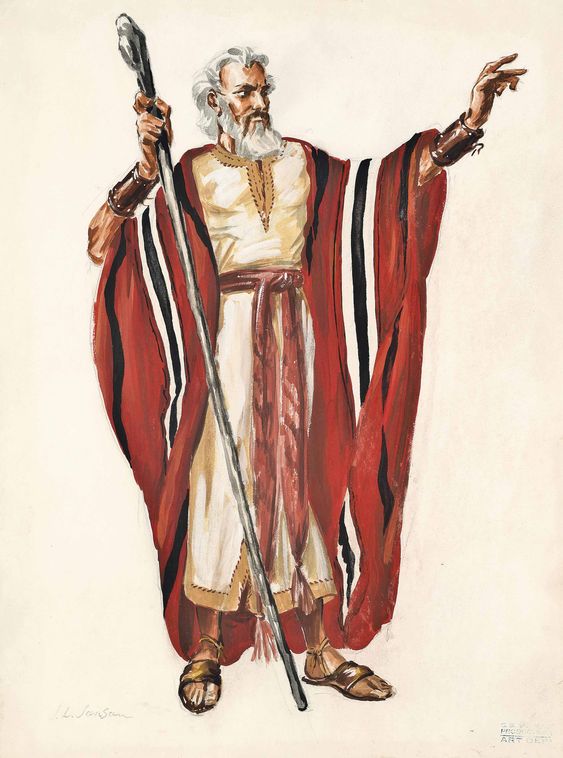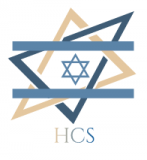The highlight of this parsha is the repetition of the Ten Commandments that were first laid out in Exodus. You know them:
- (Moses leaves out “I יהוה am your God who brought you out of the land of Egypt, the house of bondage, but he goes into that earlier in the parsha.)
- Don’t use the name of God falsely
- (He leaves out “You shall have no other gods besides Me,” but again, he goes into that in great detail earlier in the parsha.”)
- Keep the Sabbath. Let even your servants and your donkey rest on that day
- Honor your father and your mother. (There are practical advantages to this commandment: If you act lovingly toward your parents, they’ll probably love you back, and if you honor your own parents, your children will follow your example.)
- Don’t murder
- Don’t cheat on your spouse
- Don’t steal
- Don’t give lying evidence
- Don’t desire your neighbor’s wife, his house, his servant or his animals.
Before that in this Torah portion, Moses points out as a great achievement that he has set up a system of wise and understanding judges, and has told those judges to judge fairly.
Then he goes over the story of the twelve spies and reminds the people that they had not been willing to go and fight. And he points out that their children are the ones who will go into the land. He says to them NOW I tell you not to be afraid of the people in Canaan.
He recounts how they had been told not to make war with Se’ir, as that was the land God gave to Esau. Nor should they fight against Moab, for that was the land the children of Lot were given.
“Get ready to fight Sihon, king of the Amorites and take his land,” Moses had told the people. For the king had refused to let the People of Israel pass through his land in peace. Of course, according to God, it was God who had “given” Sihon to the Israelites.
In like fashion, they had fought and won against Og, king of Bashan, who had come out to greet them ready for a fight.
Again, Moses urges the people not to be afraid of their enemies, for God wages war for them.
In a poignant passage, Moses pleads directly with God to let him go into the land across the Jordan. But God is angry with Moses, and Moses blames the people because they hadn’t listened to him. God tells Moses to go to the top of the Pisga mountain range and see the land “for you will not cross the Jordan!”
But, God had said, make Joshua strong and brave, for he will lead the people.
Moses reminds the people of how great their laws are and warns them not to forget.
Interestingly, he describes the day the Ten Commandments were given from the burning mountain – and yet, all those who had seen this are dead! It is their children who stand before Moses.
Moses tells the people in very strong words not to make any carved images, either of humans or animals, or to worship the sun and moon. If you make carved images, he says you will be destroyed!
Moses reminds the people of Israel that he won’t go into the promised land and he blames it on them. “For I will die in this land, I will not cross the Jordan!”
Then, as climax, come the Ten Commandments.
Food for Thought
Why do you think the Ten Commandments in Numbers are slightly different than the ones in Exodus?

